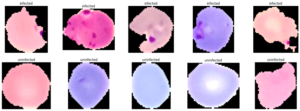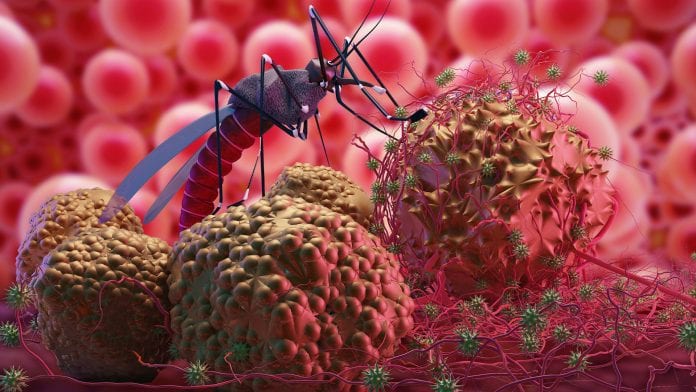Analytics Intelligence (AI), UK-based data analytics and artificial intelligence software development company with operations in Nigeria and a presence in other African countries is working on various projects to use artificial intelligence to solve specific issues on the continent.
One of these projects is the use of computer vision machine learning models and analysis to automatically detect the presence of malaria parasites in blood stains with high accuracy and sensitivity in a bid to improve malaria diagnostics.
Malaria, a disease caused by a plasmodium parasite, transmitted by the bite of infected Anopheles mosquitoes, though preventable and curable, is said to have approximately 241 million cases of malaria worldwide and the estimated number of malaria deaths stood at 627,000 in 2020 according to the World Health Organization (WHO). The symptoms of malaria include fever, chills, headache, muscle aches and fatigue, and if untreated can lead to severe disease, kidney failure and death. Hence, identifying these infections early on can save both money and lives.

To improve diagnosis, [AI] Analytics Intelligence has been working with health agencies and used publicly available image data of blood stains microscopic provided by NIH’s National Institute of Allergy and Infectious Disease to train a Convolutional Neural Network to parse through an image of blood stain to detect the presence of the parasite in the image.
Developing effective tools to combat malaria is an ongoing challenge for healthcare providers, who face multiple vectors and parasites that are highly resistant to available drugs. These computer vision models can detect emerging strains and predict their likelihood of survival in humans using blood samples received from an ethnically diverse population. Once the model is trained with thousands of images from real-life cases, it can be used to detect new malaria strains over time and anticipate their prevalence while remaining sensitive to those which have already evolved.
Our computer vision model delivered through our Powerdby [AI] solution can achieve a high level of accuracy on this dataset with very low false positive and false negative numbers. At this initial point in the project, we are working with labs and hospitals across Nigeria to deploy this model and monitor its performance in a real-life setting as well as to gather more training data to ensure that the model generalises well and can automatically detect malaria parasite from microscopic images in real life scenario under minimal supervision.
According to the Founder and Chief Technology Officer of [AI] Analytics Intelligence David Edoja, he said: “At [AI] Analytics Intelligence, we strongly believe it is possible to increase the accuracy of malaria diagnosis and detection in Africa which will in turn lead to a decrease in misdiagnosis reducing overhead like an unnecessary use of antibiotics, self-medication, a second consultation, development of drug-resistance strains, death etc.
“We believe that our computer model vision models will be a part of the global effort to eradicate malaria in rural and remote regions.”





























